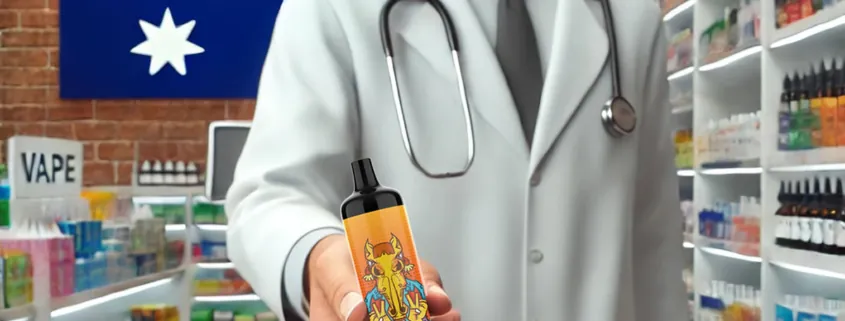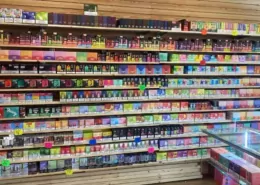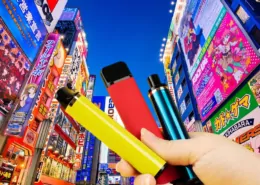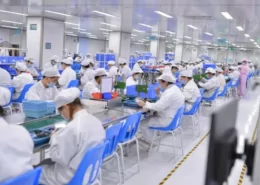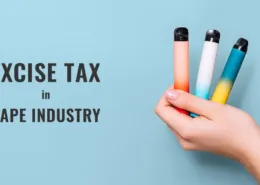Big Tobacco and Chemist Warehouse Vie for Australia’s Pharmacy Vape Market
Australia’s nicotine-addicted smokers and vapers have become the target of an unlikely rivalry between pharmacy chain Chemist Warehouse and big tobacco companies, as they battle to gain market share in the wake of new government regulations. The laws have created a lucrative new market for vapes sold through pharmacies by shutting down scores of small vape sellers across the country, restricting the products to pharmacies only, banning single-use vapes, and limiting flavors.
With an estimated 3.5 million Australians aged 14 or over either smoking or vaping, the market potential is significant. However, despite their regulatory upper hand, pharmacists have been reluctant to sell vapes without a prescription, or at all. In the first month of the new laws, pharmacies sold only 3,500 vapes without a prescription, according to data supplied to Senate estimates.
Vape Users and Business Owners Criticize Australia’s Approach
Andrew Gourley, a vape user and former online vape business owner forced to shut down his operations due to the new laws, scathingly criticizes Australia’s approach to vape regulations. Unlike other countries like the UK and Canada, which allow retail sales and tax the products, Gourley believes Australia’s laws will only benefit criminals and pharmaceutical companies while making it difficult for vapers to purchase regulated products.
“I think it’s a con. Taxpayers should be getting money from the industry, not taxpayers paying for the industry to be run,” he argued.
Andrew Gourley
Vape makers expect access through pharmacies to improve as concerns about legal liability ease and the Therapeutic Goods Administration (TGA) issues guidance for pharmacists. The TGA currently lists about 1,000 vaping products on its website that pharmacies can legally sell, but no vape companies have completed the process of being evaluated by the TGA for quality, safety, efficacy, or performance.
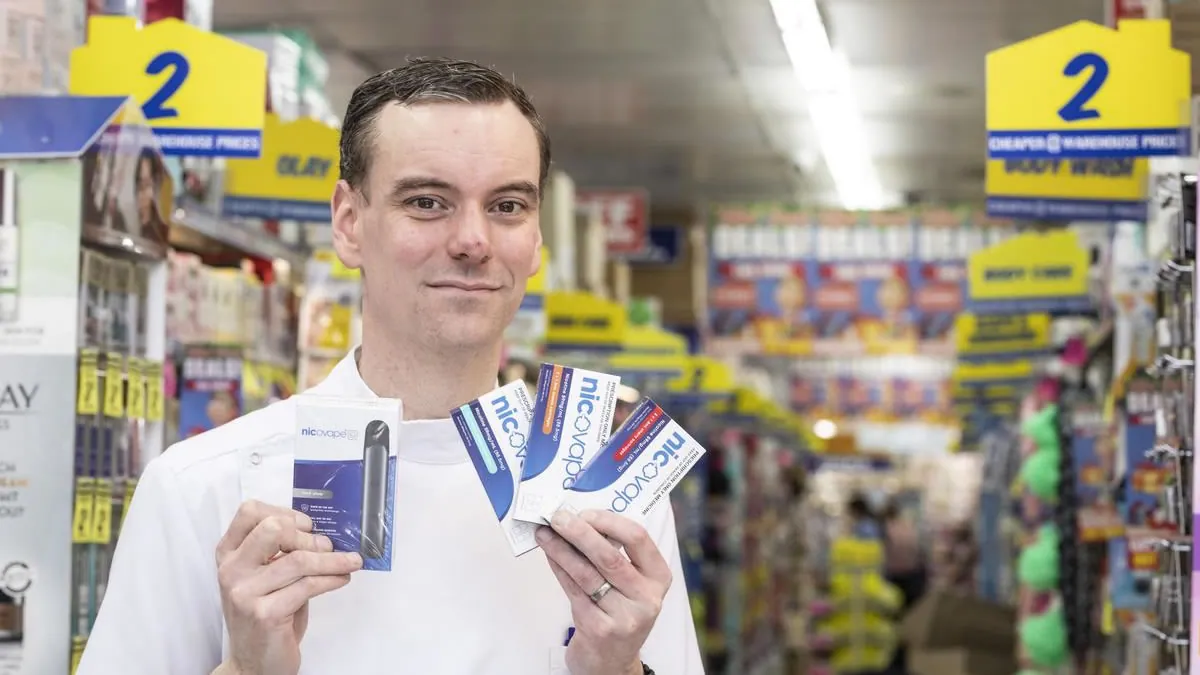
Key Players in the Market
Big tobacco owns some of the leading vape brands globally, with Philip Morris International (PMI) expecting to generate about half its revenue worldwide from vaping products by 2025. In Australia, PMI has been targeting smaller banner pharmacies with its VEEV-branded vape, reportedly offering 80 percent margins in exchange for supply deals.
Australia’s Liber Pharmaceuticals, run by former investment banker and lawyer Richard Lee, is on track to become a dominant player with its product Nicovape Q. With powerful backers, including Chemist Warehouse and the Pharmacy Guild of Australia’s Victorian branch president, Liber has access to the country’s biggest pharmacy chains and suppliers. Liber’s website states its Nicovape Q product is the only nicotine vaping product supplied by pharmaceutical wholesalers Symbion, Sigma, and API, giving the company access to 5,500 pharmacies across Australia.
Online Bulk-Billing Services Prescribe Vapes
Online vape prescription platforms have emerged to fuel the new industry, with doctor referrals vital to gaining market share as vape companies cannot market directly to consumers. About half of these platforms advertise ‘free’ and ‘no cost’ prescriptions for therapeutic vapes to use as a smoking cessation tool, with taxpayers funding the service via Medicare bulk-billing.
Liber owns online platform Smoke Free Clinic, which advertises ‘100 percent bulk-billed phone consultations’ provided by two online scripting services, hubMed and My Quit Clinic. Some other online vape-only scripting platforms do not require a telephone consult to issue a vape prescription, instead relying on users filling out an online questionnaire reviewed by a doctor.
Calls for a ‘Vape Tax’ in Australia
Unlike cigarettes, which are taxed at 80 cents in the retail dollar, regulated vapes sold in pharmacies are only subject to the goods and services tax (GST). Some argue that Australia should introduce a specific ‘vape tax,’ similar to the UK and Canada, to make vapes less affordable and accessible, particularly to young people, while propping up the health system, which will carry increased costs due to their use.
Economist Saul Eslake supports heavily taxing vapes but acknowledges that doing so would also likely fuel illicit sales. He also warns that if people obtain vape prescriptions for recreational use, it would be a taxpayer-funded problem.
Hurdles for Vape Makers and Pharmacists
Collecting any tax on regulated vapes would be difficult if tobacco and illicit vape users aren’t convinced to make the switch and if pharmacists won’t sell them over the counter. The Pharmacy Guild’s Victorian-based national councilor Anthony Tassone is adamant that vapes of any brand should not be sold over the counter until the product gains approval from the TGA.
As the battle for Australia’s pharmacy vape market continues, the long-term health consequences of vaping remain less known due to the industry’s infancy. However, risks from vaping include lung injury and adverse effects on cardiovascular health, making the regulation and taxation of these products a critical issue for public health and government revenue.
- Is It Illegal to Vape or Smoke While Driving in the UK? - August 11, 2025
- Virginia Roanoke Considers $20,000 Annual Fee for Vape Shops - August 11, 2025
- Mississippi to Ban Unauthorized Vape Products in October - August 11, 2025

